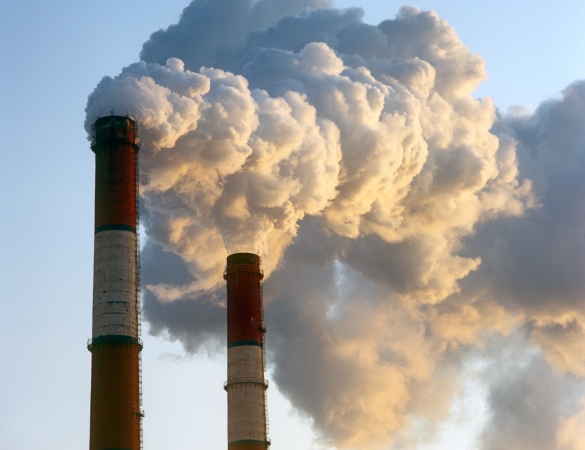
Gallup’s new data is about the perceptions of residents. According to the resident perceptions, the research reported:
People’s satisfaction with the quality of the air in the city or area where they live remained relatively high worldwide in 2012. Nearly four in five adults (78%) reported being content with air quality where they live, in line with what Gallup has measured since 2008.
At the negative end of the list sit several nations with primitive means to create energy mostly created by coal and other dirty fossil fuels:
the countries where people are least satisfied with their air quality hail from a varied set of regions and developmental levels. Among the world’s least satisfied are countries as geographically and economically diverse as Hong Kong (34%), Lebanon (43%), Malta (52%), Haiti (53%), and Russia (54%).
Hong Kong may be the exception to the fossil fuel rule, However, vast portions of its population remain poor and do not have access to cleaner energy. The list of the top five contain Kazakhstan, Iraq, Ukraine, Syria, Malta, and Saudi Arabia. Among them–not a single developed economy.
At the other end of the scale are several economies which at lest have access to more modern and cleaner energy:
At the national level, European and Asian countries dominate the list of places where people are most satisfied with their air quality. For the second consecutive year, Ireland rates among the world’s most satisfied, with 93% of Irish residents expressing satisfaction with their quality of air. Sri Lankans (94%), New Zealanders (92%), Finns (92%), Australians (92%), and Nepali (92%) rate their air quality similarly high. More recently, bushfires outside of Sydney have led the government to issue public health warnings in Australia’s largest city as air quality reaches hazardous levels.
The list gets filed out with Austria, Miramar, Norway, Denmark, Bangladesh. The outlier–Bangladesh–may be on the list because the people do not know better in their assessment. Noteworthy, almost all the northern European nations make the list. Not density populated and by the ocean. As for the future
Efforts to mitigate air pollution are especially urgent when viewed alongside climate change. Just as air pollution contributes to climate change, scientists expect climate change to add to air quality woes in the future. According to the Intergovernmental Panel on Climate Change, without international efforts to cut emissions, global air quality in cities — where Gallup data show residents are already the least satisfied with their air quality — will decline in the future as a result of climate change.
People see what they want to see, not only because of current health factors, but the belief that the present will affect the future. In this case, the conventional opinion is probably true.
Travel Cards Are Getting Too Good To Ignore (sponsored)
Credit card companies are pulling out all the stops, with the issuers are offering insane travel rewards and perks.
We’re talking huge sign-up bonuses, points on every purchase, and benefits like lounge access, travel credits, and free hotel nights. For travelers, these rewards can add up to thousands of dollars in flights, upgrades, and luxury experiences every year.
It’s like getting paid to travel — and it’s available to qualified borrowers who know where to look.
We’ve rounded up some of the best travel credit cards on the market. Click here to see the list. Don’t miss these offers — they won’t be this good forever.
Thank you for reading! Have some feedback for us?
Contact the 24/7 Wall St. editorial team.



